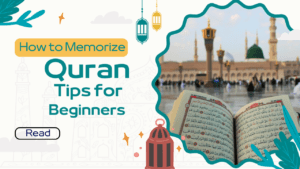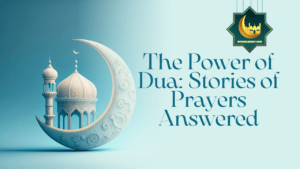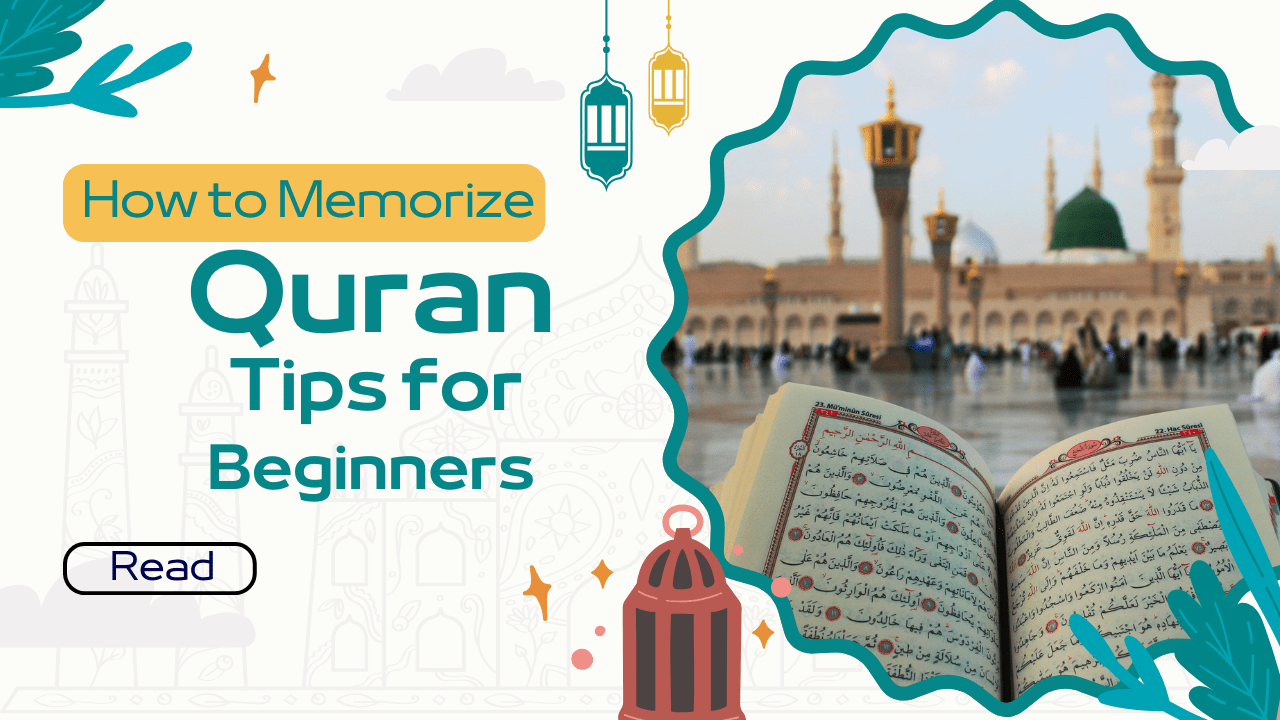
How to Memorize Quran: Tips for Beginners
How to Memorize Quran: Tips for Beginners Memorizing the Qur’an is a noble and rewarding endeavor that holds immense spiritual

How to Memorize Quran: Tips for Beginners Memorizing the Qur’an is a noble and rewarding endeavor that holds immense spiritual
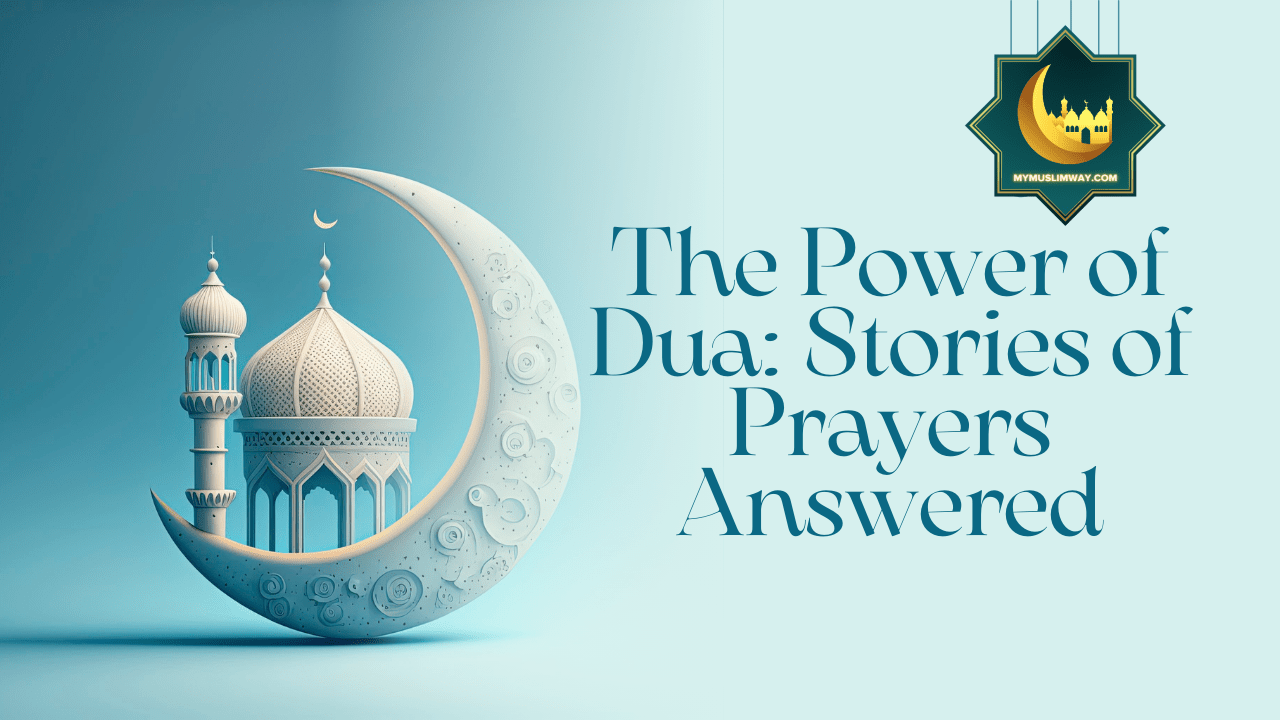
The Power of Dua: Stories of Prayers Answered In the journey of life, every human being seeks connection, guidance, and
Влияние казино автоматы онлайн на экономику Онлайн казино стремительно меняют экономический ландшафт, принося значительный доход и создавая рабочие места. Это
“Sobre İyi Bahis Ve Online Casino Platformu Content Mostbet Girişine Bir Uygulama Aracılığıyla Erişebilir Miyim? Para Çekme Süresi Mostbet Spor
Kumarhane Girişi: Topluluklar Üzerindeki Sosyal Etkisi Kumarhane girişi, toplumlar üzerindeki sosyal etkisiyle dikkat çeken bir konu. Bu makalede, kumarhane girişlerinin
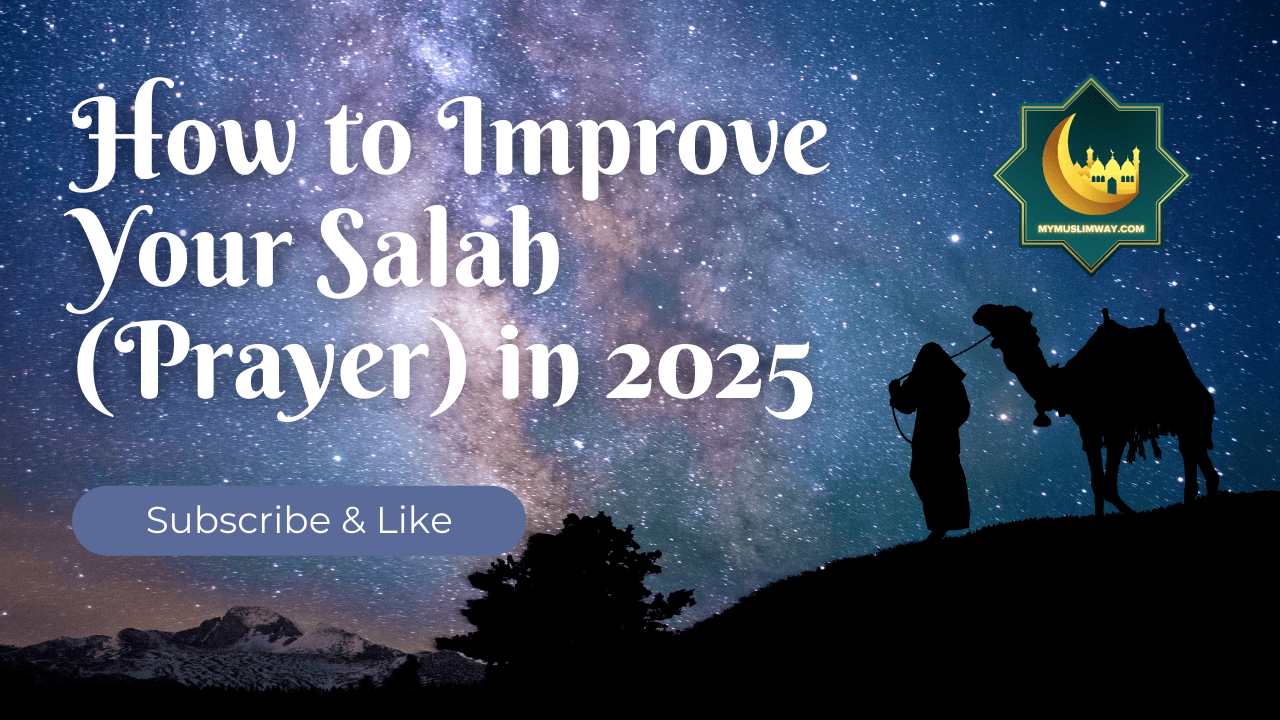
How to Improve Your Salah (Prayer) in 2025 As we step into 2025, many of us are searching for ways
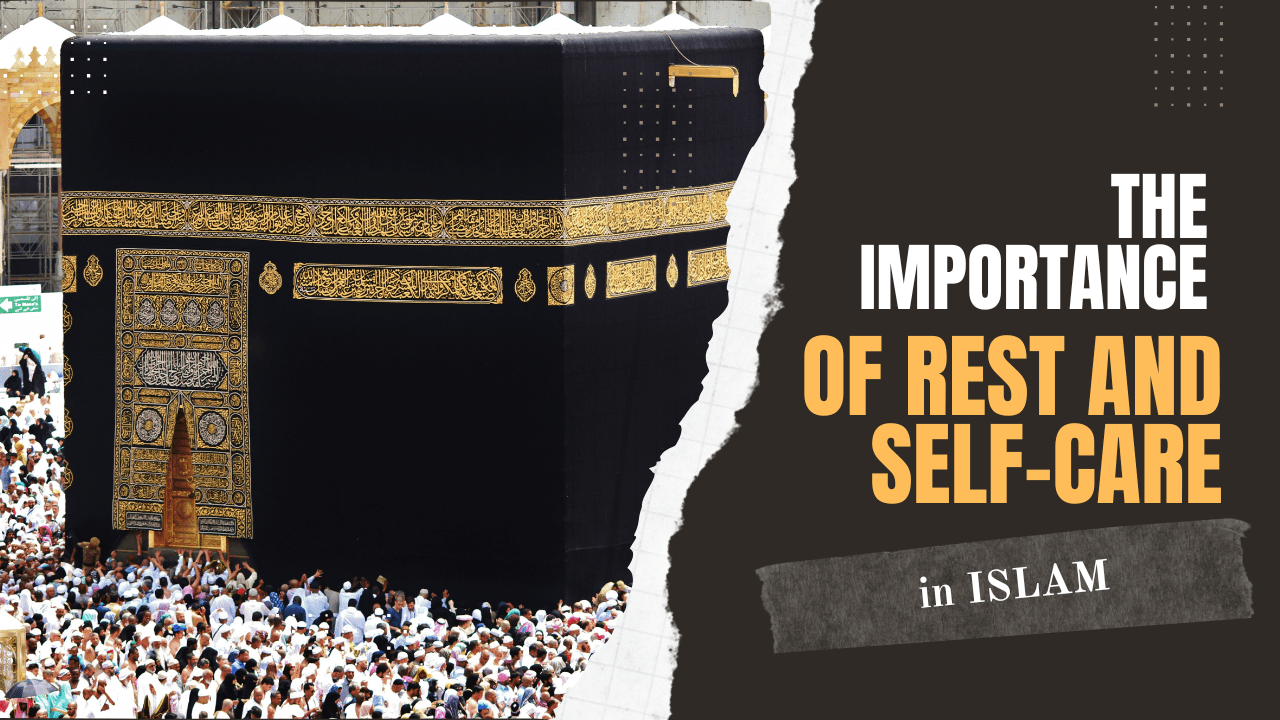
The Importance of Rest and Self-Care in Islam In our fast-paced world, where the demands of daily life often overshadow

How to Teach Islamic Values to Children in a Digital Age In today’s rapidly evolving digital landscape, teaching Islamic values
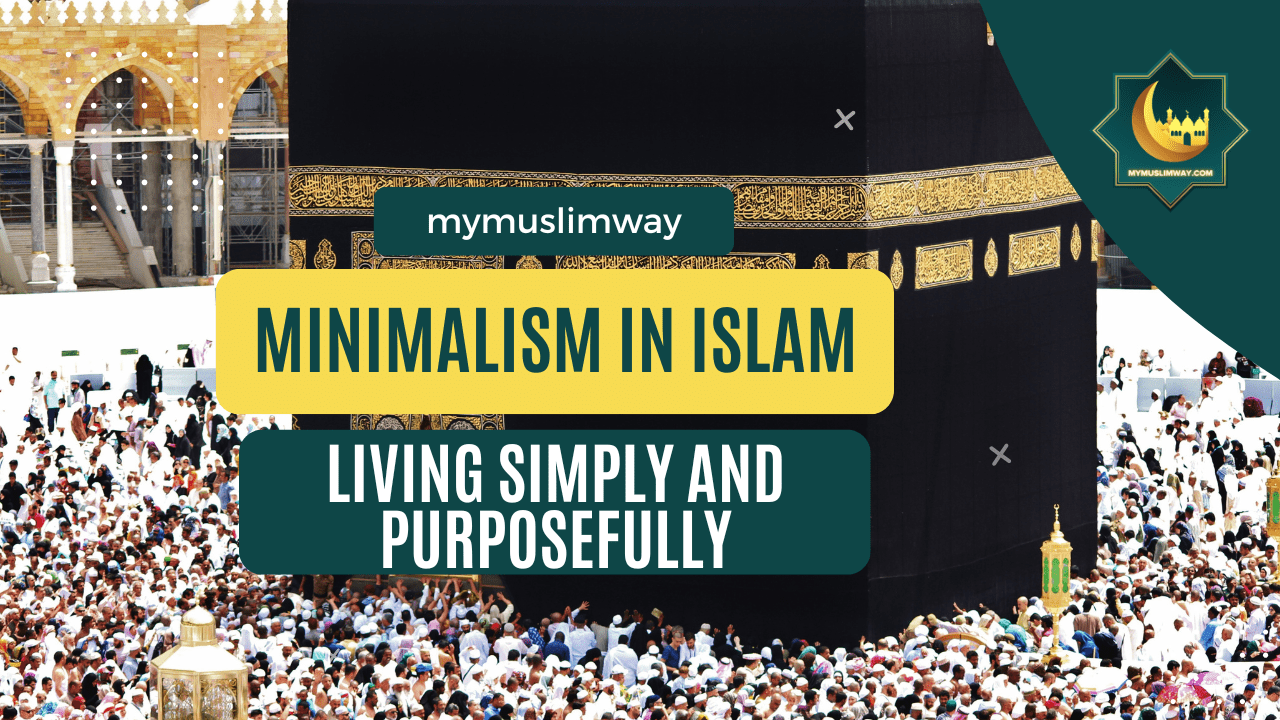
Minimalism in Islam: Living Simply and Purposefully In a world inundated with excess—where materialism often overshadows spirituality—embracing minimalism can be

The Concept of Barakah: How to Attract Blessings in Your Life In the tapestry of life, the concept of barakah—or
